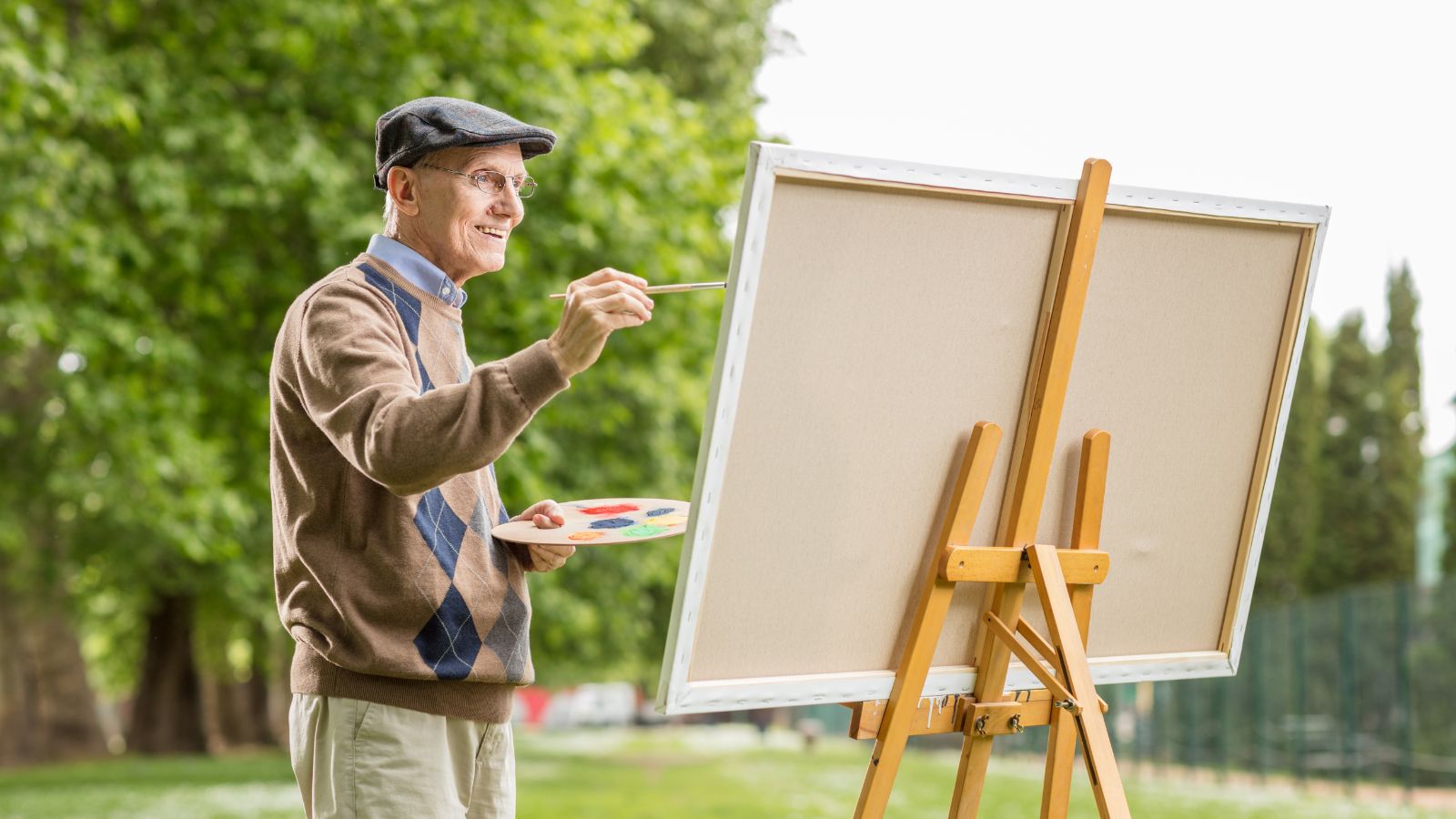It’s a sad fact that the idea of old age is often clouded by misconceptions and stereotypes that simply aren’t true or fair. These beliefs can really skew how society views and treats senior adults, and to help set the record straight, we’ve provided some myths we all really need to stop believing.
Aging Means Loneliness

We’ve all thought that getting older inevitably means being lonely, but thankfully that’s not true. A lot of older adults have very healthy and active social lives, staying connected with family, friends, and community groups well into their later years. Older people are more prone to feelings of loneliness and isolation, so it’s crucial that they get the social support they need.
Retirement Is Boring

Believe it or not, retirement doesn’t have to be dull in the slightest. Lots of retirees use this time to dive into hobbies, travel, volunteer, or even kick off new careers they never dreamed of trying before. It’s a great opportunity to chase passions and interests that have been on hold for years, making this phase of life a whole lot of fun for many people.
Aging Equals Poor Health

If you think that being older automatically means having poor health, think again. Plenty of older adults live healthy, active lives without serious illnesses. Regular check-ups, a balanced diet, and staying active are key to good health and can help prevent many age-related issues.
Older Adults Are Frail

Contrary to what some might think, not all older adults are frail. In fact, many seniors stay very active well into their later years, helping them to maintain their health and improve their quality of life. According to Harvard Health, there are countless benefits of exercising regularly in your older age, including reduced bone loss, body fat, and blood pressure.
Seniors Are Technologically Inept

As most people should know by now, technology isn’t just for the young. Lots of older adults are surprisingly good with smartphones, computers, and social media. These tools can also help them stay connected with family and friends, proving that age is no barrier to learning and using technology.
Memory Declines Rapidly

It’s a common belief that memory decline is a natural part of aging. However, while it’s true that certain cognitive changes can be expected, major memory loss doesn’t have to be a given. Keeping your mind sharp can be as simple as doing mental exercises, eating healthy, and staying socially active.
Older People Are Unproductive

The idea that older folks are unproductive is harmful and just not true at all. Many seniors continue contributing a lot to society in their old age through volunteer work, part-time jobs, or simply sharing their expertise. Their experience and knowledge are priceless, proving that being productive doesn’t stop with age.
Seniors Can’t Learn New Things

Who says that old dogs can’t learn new tricks? Many older adults will tell you that they love picking up new skills, whether it’s learning a new language, trying out a musical instrument, or discovering a new hobby. Keeping the brain active through learning is also great for cognitive health and overall well-being.
Old Age Is Depressing

While some older folks might face challenges that affect their mood, aging itself isn’t a downer. Many seniors are actually quite happy and satisfied with their lives. Staying active, socially connected, and mentally engaged are key to keeping a positive emotional outlook as they age.
Older Adults Are Stubborn

The commonly held stereotype that all seniors are stuck in their ways just isn’t true. Plenty of older adults are very open to new ideas and changes. Their life experience often gives them wisdom and flexibility, helping them adapt to new situations and embrace different viewpoints.
Seniors Have No Sex Life

No matter what people may tell you, sexuality doesn’t completely disappear as you get older. Many older adults still enjoy a fulfilling sex life with their partners. Physical changes might require some adjustments, but intimacy and sexual activity can still be a meaningful part of life for seniors, contributing to their overall happiness and well-being.
Aging Means Irrelevance

Some older adults might feel sidelined by society, but they are far from irrelevant. Their experience, knowledge, and skills provide valuable insights and contributions to communities and workplaces. Recognizing and valuing the role of seniors helps combat this harmful stereotype.
Seniors Are Always Grumpy

The image of the grumpy old person is a cliché that doesn’t hold true for most. Many older adults remain positive, friendly, and engaged with those around them. Keeping a positive attitude and staying socially active contribute to a more cheerful outlook on life.
Aging Leads to Dependency

While some seniors may require assistance, many live independently. Advances in healthcare, assistive technologies, and community support systems enable older adults to maintain their independence longer. Promoting independence supports their dignity and quality of life.
Older Adults Don’t Care About Fashion

Fashion and personal style matter a lot to many older adults. Seniors often take pride in their appearance and enjoy expressing themselves through their clothing, just like people of any other age. The idea that they don’t care about fashion is outdated and dismisses their individuality and self-expression.
Aging Is a Burden on Society

The notion that seniors are a burden is not only incorrect but also disrespectful. Older adults contribute in numerous ways, from caregiving to volunteering and sharing their expertise. Recognizing their contributions helps build a more inclusive and appreciative society.
Seniors Can’t Exercise

Physical activity is good for you at any age as long as you find the right exercise to meet your needs. A lot of older people love to take part in regular exercise, like walking, swimming, or yoga, to stay healthy and fit. Tailored exercise programs can help seniors stay active and enjoy the benefits of physical activity.
Aging Means Losing Independence

Losing independence isn’t an automatic outcome of aging. Many older adults continue to live independently, managing their daily activities and making their own decisions. Supportive environments and resources can help seniors maintain their independence for as long as possible.
Older Adults Aren’t Creative

Creativity doesn’t fade with age. Many seniors engage in creative pursuits like painting, writing, music, and crafts. These activities not only provide joy and fulfillment but also enhance mental health and cognitive function, showcasing their creative abilities.
Seniors Don’t Contribute to the Economy

Older adults play a significant role in the economy. A lot of them continue working, either full-time or part-time, and contribute through volunteer work and caregiving. Their spending power and economic contributions are substantial, proving they remain active participants in the economy.
Aging Is the End of Ambition

Ambition and drive don’t vanish with age. Many seniors set new goals and pursue new challenges, whether in personal development, travel, or starting new projects. Embracing ambition in later life can lead to continued growth, satisfaction, and a sense of achievement.

